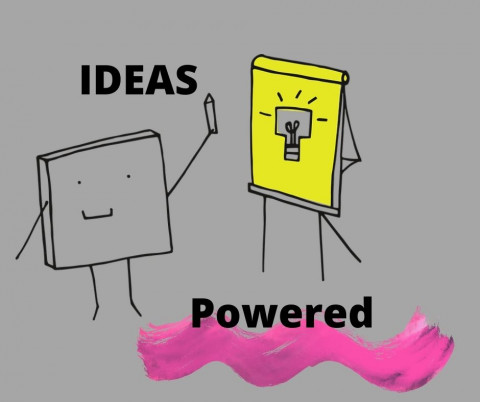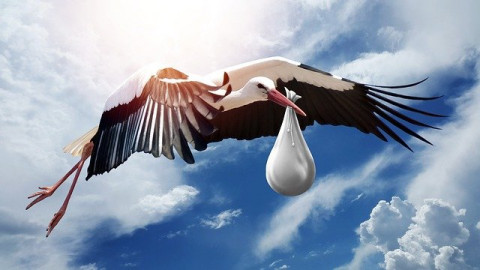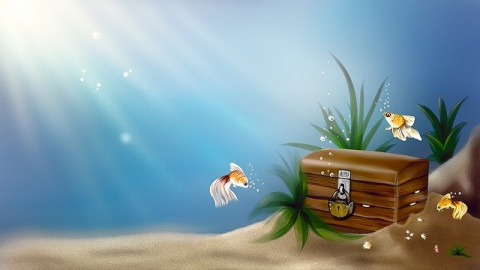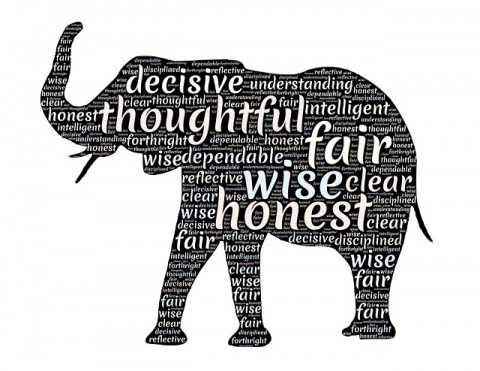IP Word of the Day
Word of the Day: Wi-Fi
photo: Pixabay
Wi-Fi is a trademark of the Wi-Fi Alliance, which restricts the use of the term Wi-Fi Certified to products that successfully complete interoperability certification testing. A common misconception is that the term Wi-Fi is short for "wireless fidelity." This is not the case. Wi-Fi is simply a trademarked term meaning IEEE 802.11x. The false notion that the brand name "Wi-Fi" is short for "wireless fidelity" has spread to such an extent that even industry leaders have included the phrase wireless fidelity in a press release.
Word of the Day: Author

photo: Pixabay
An author is a person who writes books, stories, poems, or other written work. More broadly defined, an author is "the person who originated or gave existence to anything" and whose authorship determines righths and responsibility for what was created. In copyright law, the author is the first owner of copyright.
Word of the Day: Ideas Powered

photo: Pixabay
Ideas Powered is an initiative of the EU that raises the awareness about the value of IP and the importance of respecting it. Its main objective is to share with young Europeans how IP affects their life and how it can be used to protect and boost their creativity, innovation, and entrepreneurship.
Word of the Day: AGORATEKA

photo: Pixabay
AGORATEKA is a Pan-European portal of the European Intellectual Property Office (EUIPO) that allows you to search through national-level portals that link to sites for music, film & television, e-books, video games and sports events. It provides fast and easy access to legal offers online.
Word of the Day: Creative Commons

photo: Pixabay
The emergence of the internet spawned an innovation in copyright management called Creative Commons, which allows the creators of photos, videos, and text to apply transparent copyright rules and make the content available broadly. The Creative Commons search tool is invaluable for finding content you can use legally.
Word of the Day: Moral rights

Moral rights evolve together with the creation of an artistic work and last up to 70 years after the death of the creator. Moral rights consist of the right of attribution and the right of integrity, meaning that you should always be properly named when the work is being presented and no one can change your work without having your permission.



